
Decluttering always feels satisfying, but the donation pile isn’t meant for everything. Some items may look fine at home yet become instant liabilities once they reach charities. The problem? They’re either unsafe or just too costly to deal with. Want to avoid the most common donation mistakes? Here are 10 everyday items you shouldn’t hand over.
Used Mattresses

Donation centers have strict policies against accepting used mattresses, primarily due to hygiene concerns and bed bug risks. Though the mattress may appear pristine, dust mites and allergens often lurk within. Instead of donation, specialized recycling centers can break these items down into reusable materials.
Worn-Out Shoes
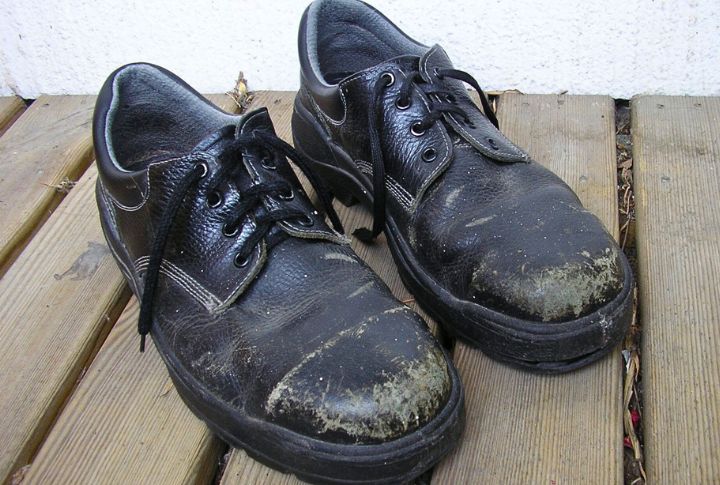
Worn-out shoes appear useful for donation, but they’re actually a liability. Damaged footwear with holes or worn soles creates sorting headaches for charity workers who must dispose of unusable items. What feels like generosity actually creates more work for charity staff trying to help others.
Used Pillows
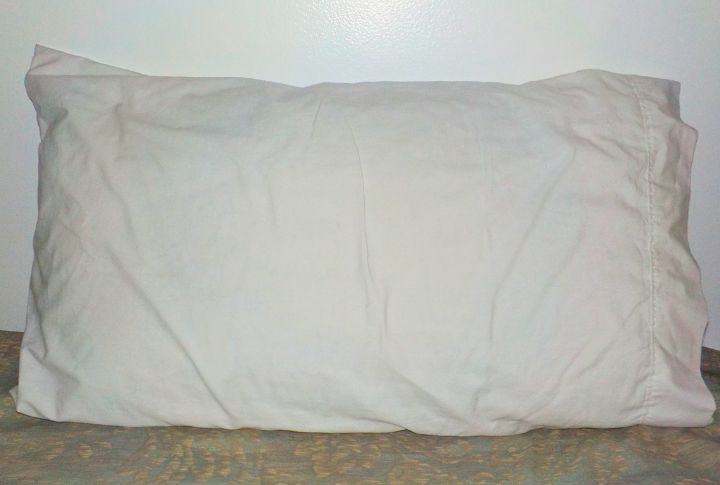
Donation centers maintain strict policies against accepting used pillows, as they tend to collect bacteria and microbes. Beyond that, even seemingly intact pillows frequently lack proper support after extended use. However, many local animal shelters will accept them as bedding for cats and dogs.
Damaged Cookware
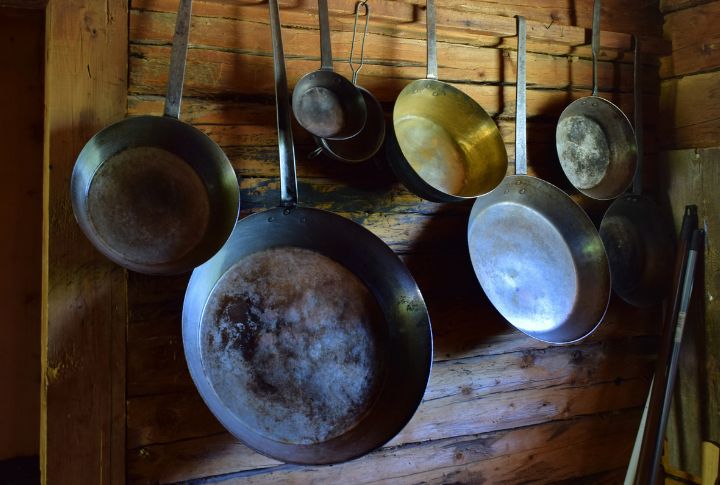
Damaged cookware belongs in recycling, not donation bins. Broken handles and peeling nonstick coatings create dangerous hazards that charities must refuse. Fortunately, several cookware brands provide dedicated recycling programs, plus scrap metal facilities typically accept old pots and pans.
Opened Toiletries

Donation centers face legal restrictions that prevent accepting opened personal care items. These products can become breeding grounds for germs, thereby creating health hazards. Even expensive skincare products and barely-used shampoos get immediately discarded, turning your seemingly generous donation into waste that volunteers must dispose of properly.
Old Electronics
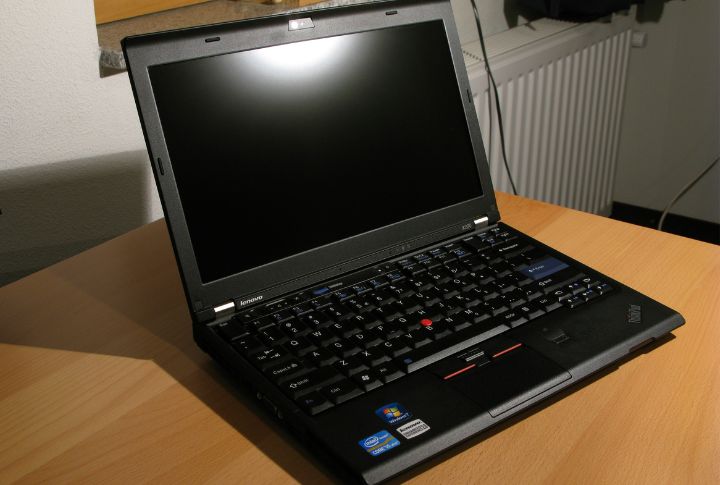
Don’t assume your old laptop or phone makes a great donation; electronics are actually a headache for donation centers. Most thrift stores reject them due to high disposal costs, data security risks, and functionality issues. And these seemingly valuable items often turn into expensive liabilities rather than helpful contributions.
Old Carpets And Rugs
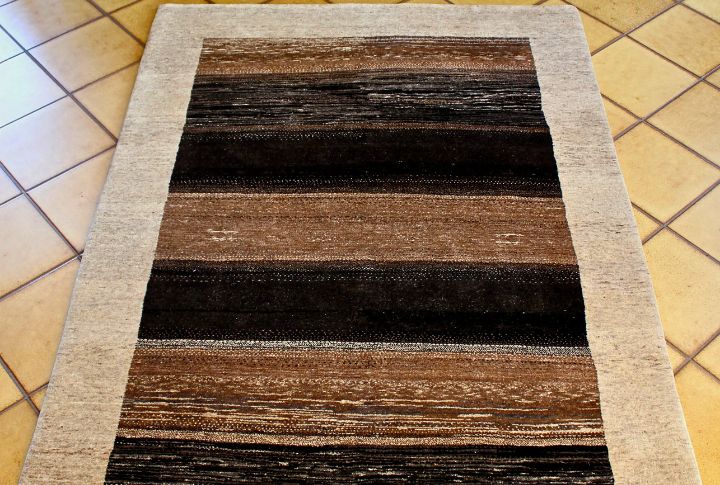
The hidden allergens and dust trapped in carpets make them problematic for donation centers to accept. Still, these items need not end up in landfills — recycling centers can process them into new materials. Additionally, creative homeowners usually convert old rugs into practical mats for garages or pets.
Outdated Medical Equipment
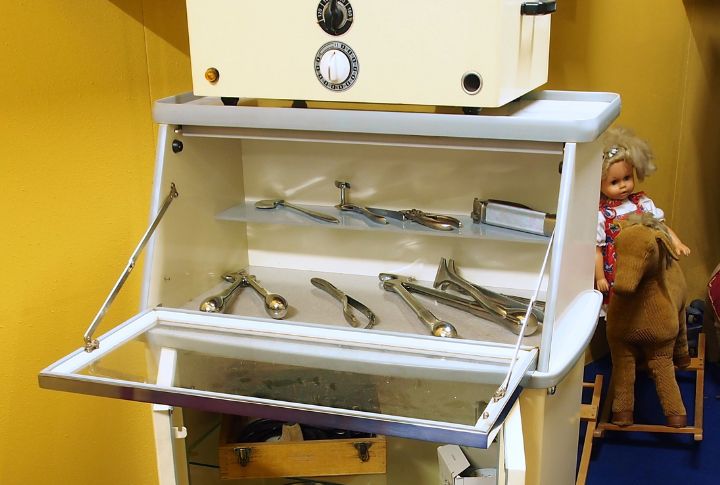
Donation centers won’t accept old medical equipment, and with good reason. Liability risks are high, safety rules are constantly changing, and most devices have expiration dates. Even when something appears fine, it can usually not be reused safely, which makes these items more of a hazard than a helpful contribution.
Old Blinds & Curtains
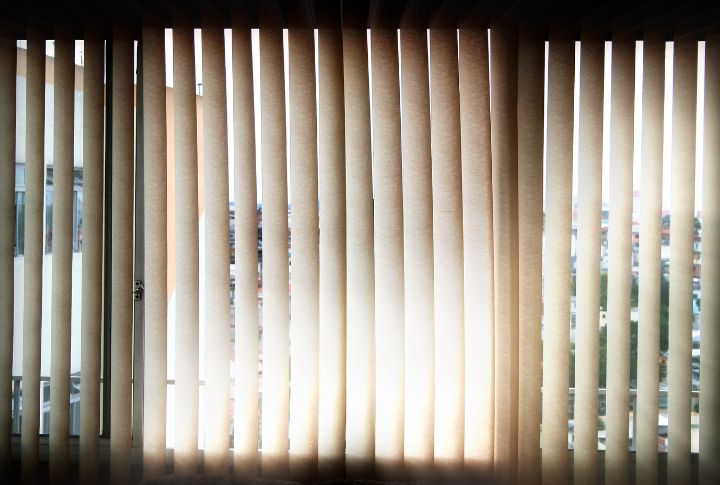
Let’s be honest—old blinds and curtains are tough for donation centers to deal with. Their custom sizes limit reuse, while dust and potential mold make them unhygienic. Instead of donating, think repurposing: curtains can double as protective drop cloths for painting, and blinds can be reused in the garden as handy plant markers or trellises.
Used Pet Supplies
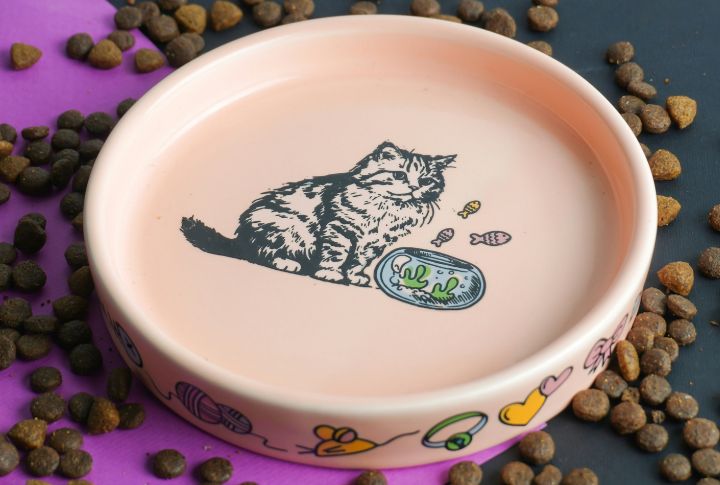
Pet supplies can carry stubborn odors and pests that resist removal. While some animal shelters accept clean, gently used items, most facilities decline used pet beds, toys, and dishes due to disease risks. Instead of donating, old pet toys might be sanitized for reuse by your own pets.

